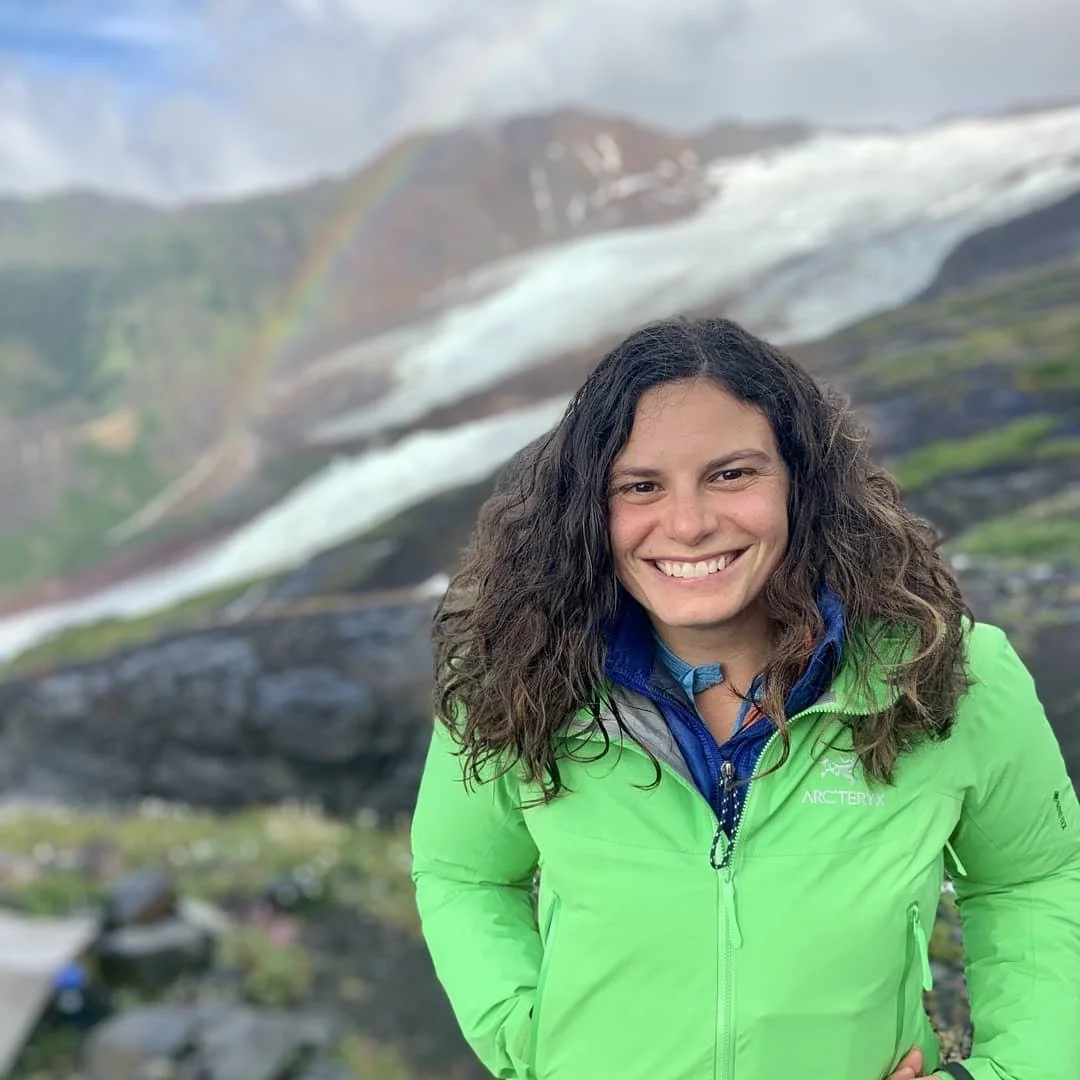By Bob Friel
On March 6, the SeaDoc Society together with the National Marine Mammal Foundation and NOAA Fisheries assembled top U.S. and Canadian marine mammal experts for an urgent consultation on the nutritional condition of our Southern Resident Killer Whales (SRKW), the fish-eating orcas that have historically "resided" in the Salish Sea.
After 2015’s encouraging “baby boom,” 2016 was a disastrous year for SRKW, which suffered seven deaths, reducing the total population of our three pods—J, K and L—to just 78 individuals.
Along with dangerously low numbers and wild swings in their reproductive success, another troubling sign is that instead of staying organized in their full pods, the killer whales have recently been observed fragmenting into smaller groups, most likely because they’re having a harder time finding prey, especially the large Chinook salmon that are their most important source of food.
Concerns about our Southern Residents have led NOAA to declare them one of eight “Spotlight” species (out of 1,652 on the Endangered Species list) considered most at risk of extinction unless immediate action is taken to stabilize and recover their populations.
With the pressing need to act butting up against science’s necessarily slow, painstaking process of collecting, analyzing, challenging and retesting data and hypotheses, SeaDoc and collaborators jumped in to help move killer whale conservation forward as quickly as possible.
We asked the gathered researchers to share their most recent data—work that may not be published in peer-reviewed papers for several years—to see if we could find the answers needed right now to expedite recovery actions.
To ensure the proceedings maintained the greatest scientific validity, SeaDoc also convened an independent panel of three world-renowned marine mammal experts: Craig Matkin, founder and Executive Director of Alaska’s North Gulf Oceanic Society; Michael Moore, Senior Scientist at Woods Hole Oceanographic Institution; and Frances Gulland, Senior Scientist at California’s The Marine Mammal Center.
This prestigious panel was charged with overseeing the workshop, reviewing all materials, and producing a review paper that is already circulating among U.S. and Canadian regulatory agencies.
A full day of presentations and sidebar meetings offered a fascinating look at cutting-edge research along with a sobering view of the state of our Southern Residents. After a second day of discussion and deliberation, the panel was able to conclude that multiple lines of evidence indicate poor body condition in SRKW, a state that is “associated with loss of fetuses, calves and adults.” They also determined that although the overall causes are complex and complicated by random tragedies like ship strikes, “food availability, contaminant burden, and noise and vessel stress would all appear to be acting in concert causing the decline of this population.”
The bad news is that things are not looking good for our Southern Residents. The good news is that the issues impacting them are all caused by human activities and thus are in our power to remedy. We can help our beloved, iconic killer whales recover—if we have the will to act.
The US and Canadian Federal Agencies tasked with managing Southern Residents are actively reviewing management options for their recovery. Thanks to private donations, SeaDoc and collaborators will continue to develop an electronic medical record keeping system for killer whales that will enable us to tease out complex relationships between threats like nutrition, contaminants, sound, and disease.
Forty-three scientists took time out of their busy schedules to make this killer whale workshop a success. The SeaDoc Society gratefully acknowledges them and their sponsoring organizations, including the Center for Whale Research, Fisheries and Oceans Canada, National Marine Mammal Foundation, NOAA Fisheries, North Gulf Oceanic Society, Sea World, Sealife Response, Rehabilitation and Research, The Marine Mammal Center, University of British Columbia, University of Washington, Vancouver Aquarium, and Woods Hole Oceanographic Institution.
Banner photo: southern resident killer whale L41 surfaces. Courtesy of the SeaDoc Society.


